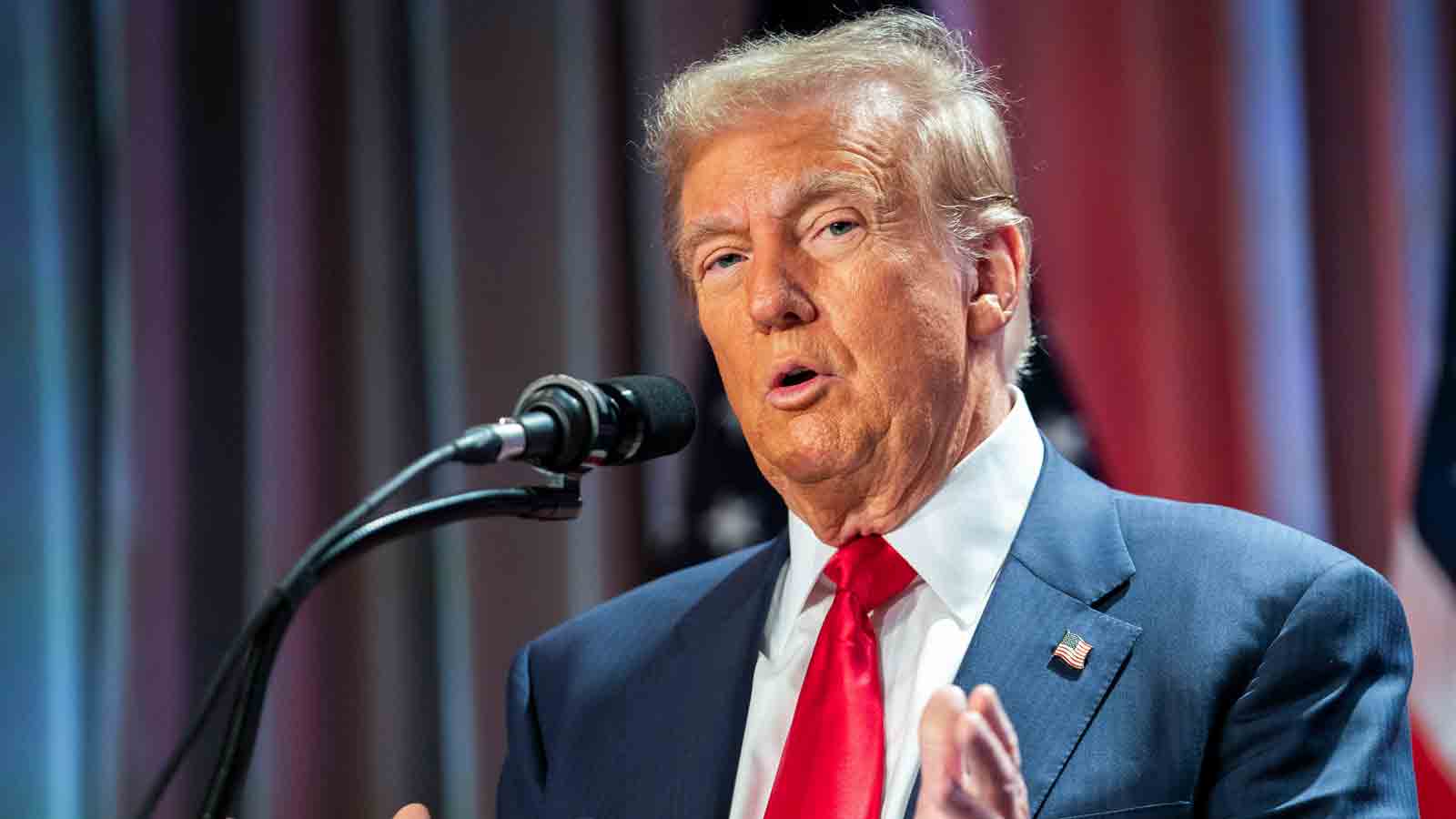
The FBI failed to take the "basic step" of canvassing its field offices for intelligence ahead of the Jan. 6, 2021, attack on the U.S. Capitol, according to a long-awaited Justice Department's inspector general report released Thursday.
FBI Deputy Director Paul Abbate told investigators that the lack of a canvas was a "basic step that was missed" and that he would have expected it to have occurred, the inspector general's office said.
The inspector general did find that the FBI "recognized the potential for violence" and took "significant and appropriate steps" even though the FBI played "only a supporting role in preparing for and responding to" the events of Jan. 6.
The report also includes details that will almost certainly fuel the "fedsurrection" narrative that has been growing on the right and amongst Donald Trump supporters: The false notion that the federal government was responsible for instigating the attack.
Get top local stories in Southern California delivered to you every morning. >Sign up for NBC LA's News Headlines newsletter.
While the review found "no evidence in the materials we reviewed or the testimony we received showing or suggesting that the FBI had undercover employees in the various protest crowds, or at the Capitol, on January 6," the inspector general's office said that there were 26 confidential human sources in Washington on Jan. 6. None of them were "authorized by the FBI to enter the Capitol or a restricted area or to otherwise break the law on January 6, nor was any CHS directed by the FBI to encourage others to commit illegal acts on January 6," the inspector general said.
A total of four FBI confidential human sources entered the Capitol, according to the inspector general, including one who testified during the Proud Boys trial in which several members of the far-right group were found guilty of seditious conspiracy. A total of 13 confidential human sources entered the restricted area around the Capitol, the IG report said, while the remaining 9 never entered the Capitol or restricted area. Only three of the 26 FBI confidential human sources had specifically "been tasked by FBI field offices to report on specific domestic terrorism case subjects who were possibly attending the events of January 6," while the other 23 attended "on their own initiative and were not tasked by FBI field offices to attend the events," according to the report.
U.S. & World
News from around the country and around the globe
None of the FBI informants have been prosecuted in relation to the Jan. 6 attack, but the U.S. Attorney's Office for the District of Columbia said it had generally not charged "individuals whose only crime on January 6, 2021 was to enter the restricted grounds surrounding the Capitol, which has resulted in the Office declining to charge hundreds of individuals; and we have treated the CHSs consistent with this approach.”
While more than 1,500 people have been charged in connection with the Capitol attack, there are thousands of others who were either inside the building or on the restricted grounds of the Capitol who will likely never face charges with just over a month remaining before Trump takes office. Online sleuths have identified hundreds of participants to the FBI, including 93 whose photos are on the bureau's Capitol Violence website, most of whom are wanted for assaulting officers that day.
The inspector general's report focuses on events that happened four years ago, in late 2020 and early 2021, at a time when Trump was working to overturn his election loss. Its release was delayed by the separate, wide-spanning criminal investigation that special counsel Jack Smith ran, looking into Trump's efforts to overturn the 2020 election. A federal grand jury ultimately indicted Trump on four felony charges in connection with that effort, but Trump was able to successfully delay the trial, and Smith moved to drop the charges after Trump's 2024 win. Smith is still expected to issue a written report on his investigation.
An NBC News review of thousands of pages of FBI documents connected to Jan. 6 revealed a bureau struggling with technology and communications as well as impeded from having honest conversations about the threat environment caused in large part by the man occupying the White House.
This story first appeared on NBCNews.com. More from NBC News:



